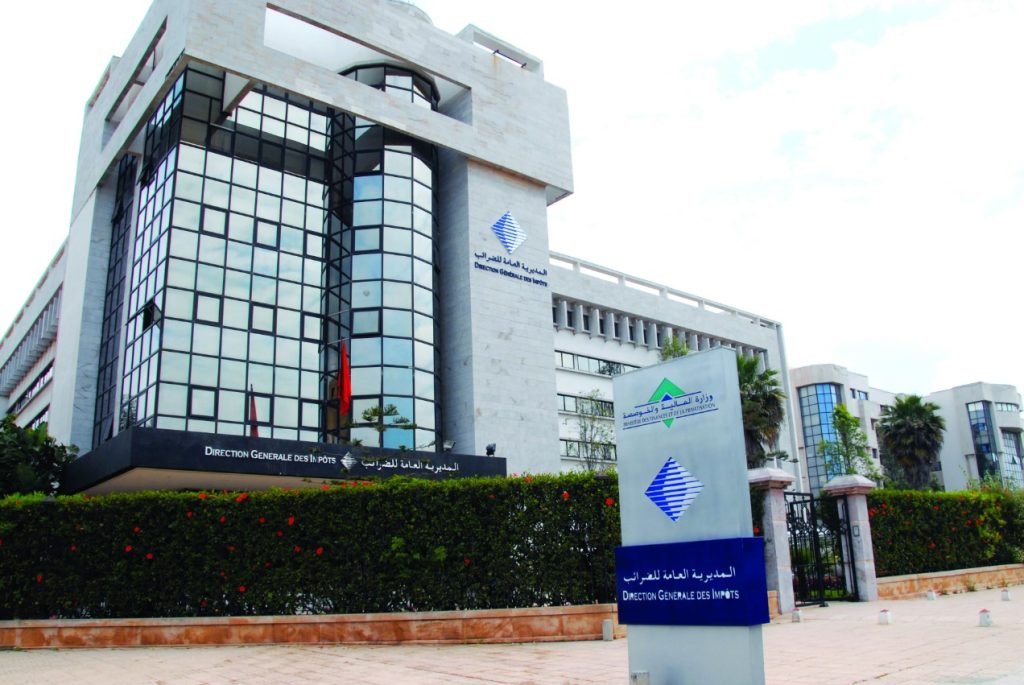Rabat – The President of the Economic, Social and Environmental Council (CESE) of Morocco, on Wednesday in Rabat, called for the adoption of an integrated and coordinated approach among the various stakeholders from both the public and private sectors, in order to effectively prepare national exporters for the requirements of the Carbon Border Adjustment Mechanism (CBAM).
Speaking at an information meeting dedicated to presenting the conclusions of the Council’s opinion entitled “The Impact of the Carbon Border Adjustment Mechanism (CBAM) at the European Borders on Morocco’s Exports”, developed as part of a self-referral, Amara stressed that such an approach is necessary to accelerate the decarbonization of the energy and industrial sectors within the framework of the national strategy to reduce carbon emissions by 2050.
This approach, he added, would also help mobilize the necessary financing, strengthen Morocco’s technical and institutional capacities, and consolidate regional and international cooperation with trading partners.
“Given that the European Union (EU) is Morocco’s leading trading partner and that the implementation of this mechanism, scheduled for early 2026, will have direct effects on the competitiveness of our exports and on the ability of our companies to adapt to ongoing changes in global climate and environmental policies,” Amara emphasized.
Amara also recalled that Morocco has been engaged, for several years, in the implementation of ambitious policies in the fields of environment, energy, and industry, aimed at developing a low-carbon industry and reducing greenhouse gas emissions in order to achieve carbon neutrality by 2050.
Since the announcement of this mechanism in 2023, public authorities have launched a series of initiatives and projects to support industrial players in adapting their exports to the new technical and environmental requirements, he added.
The long-term ambition is to position Morocco as an industrial base for the manufacturing and export of low-carbon products, in line with its national commitments on reducing greenhouse gas emissions and relevant international standards.
Furthermore CESE president emphasized the need to strengthen Morocco-Africa cooperation to develop a regional negotiating capacity on the CBAM, in order to defend the interests of low-emission African countries and negotiate favorable differentiated treatment (moratorium, specific rates, etc.) for their products, in accordance with Article 2 of the Paris Climate Agreement and the principles of environmental justice.








